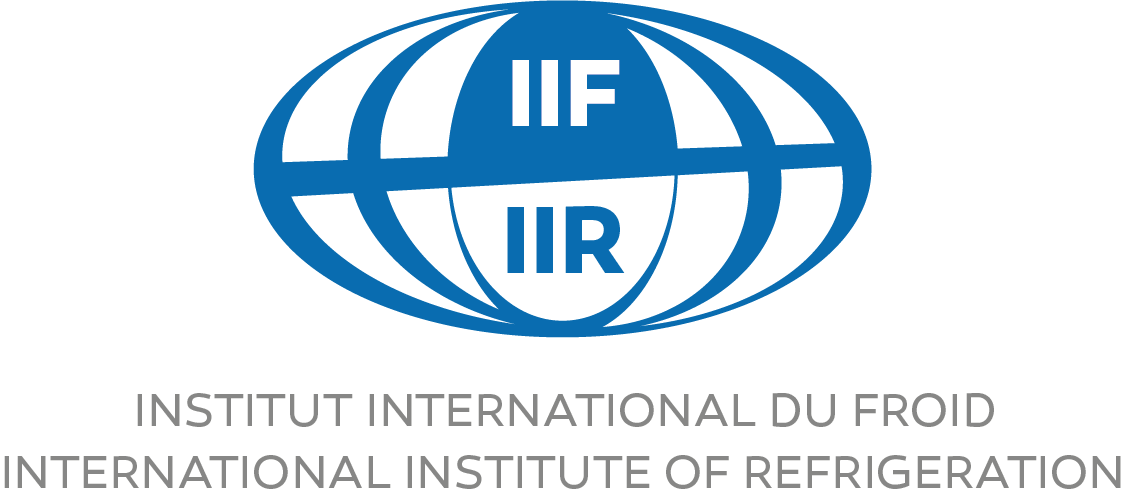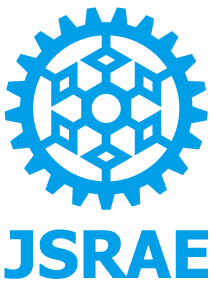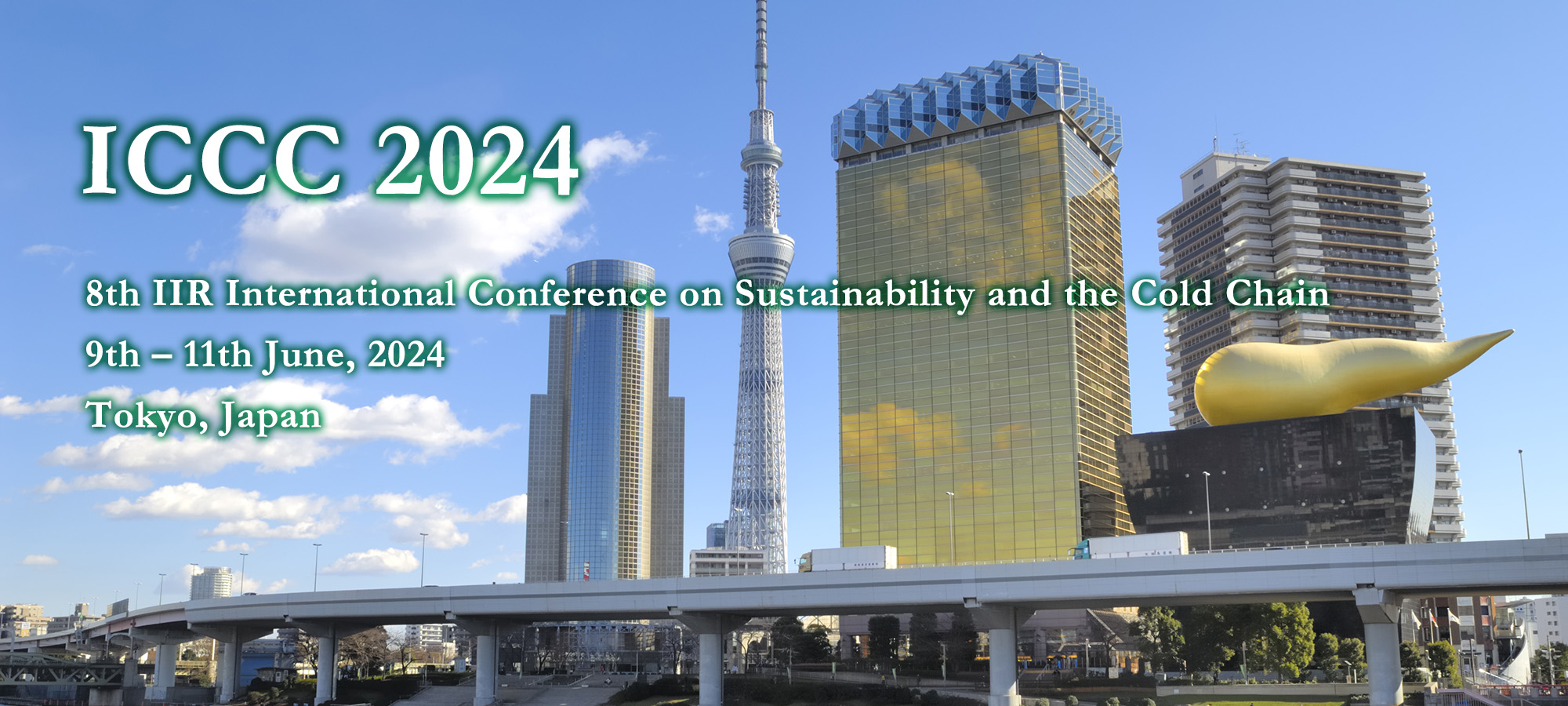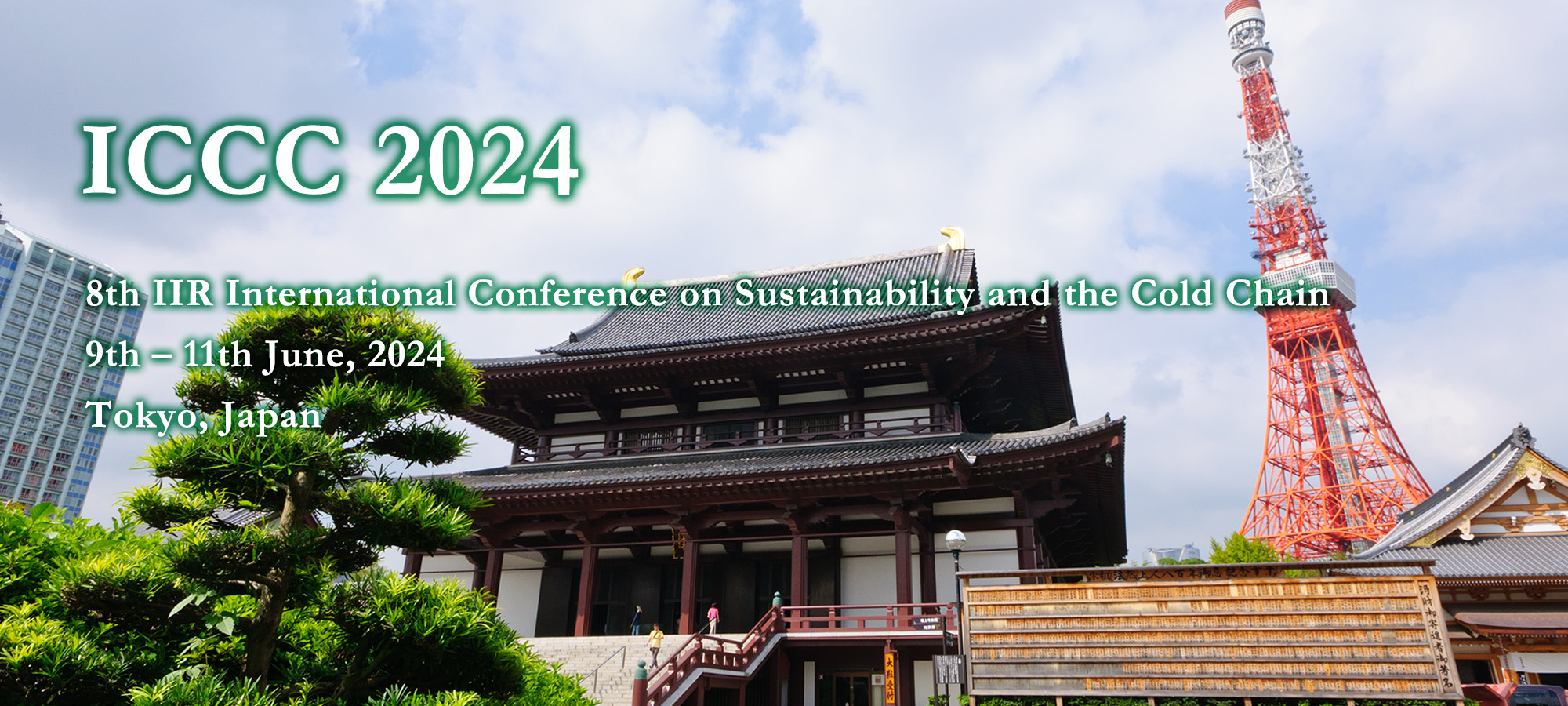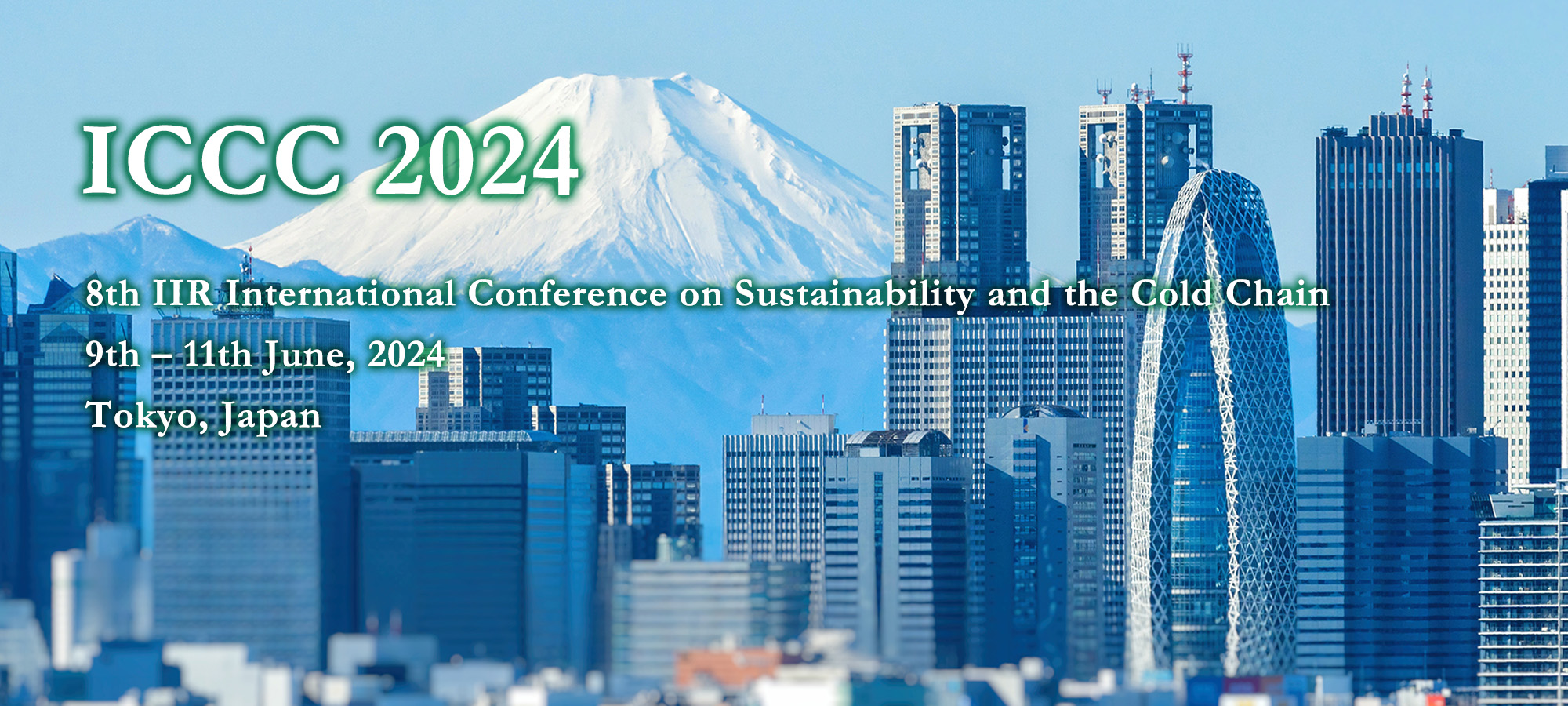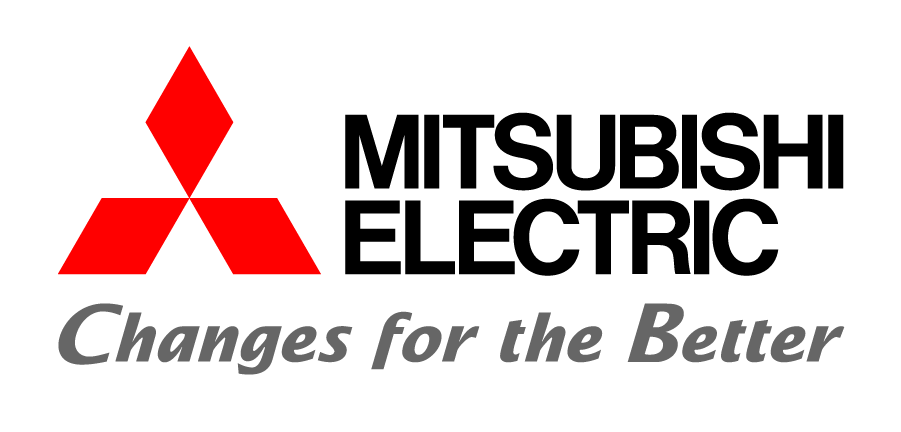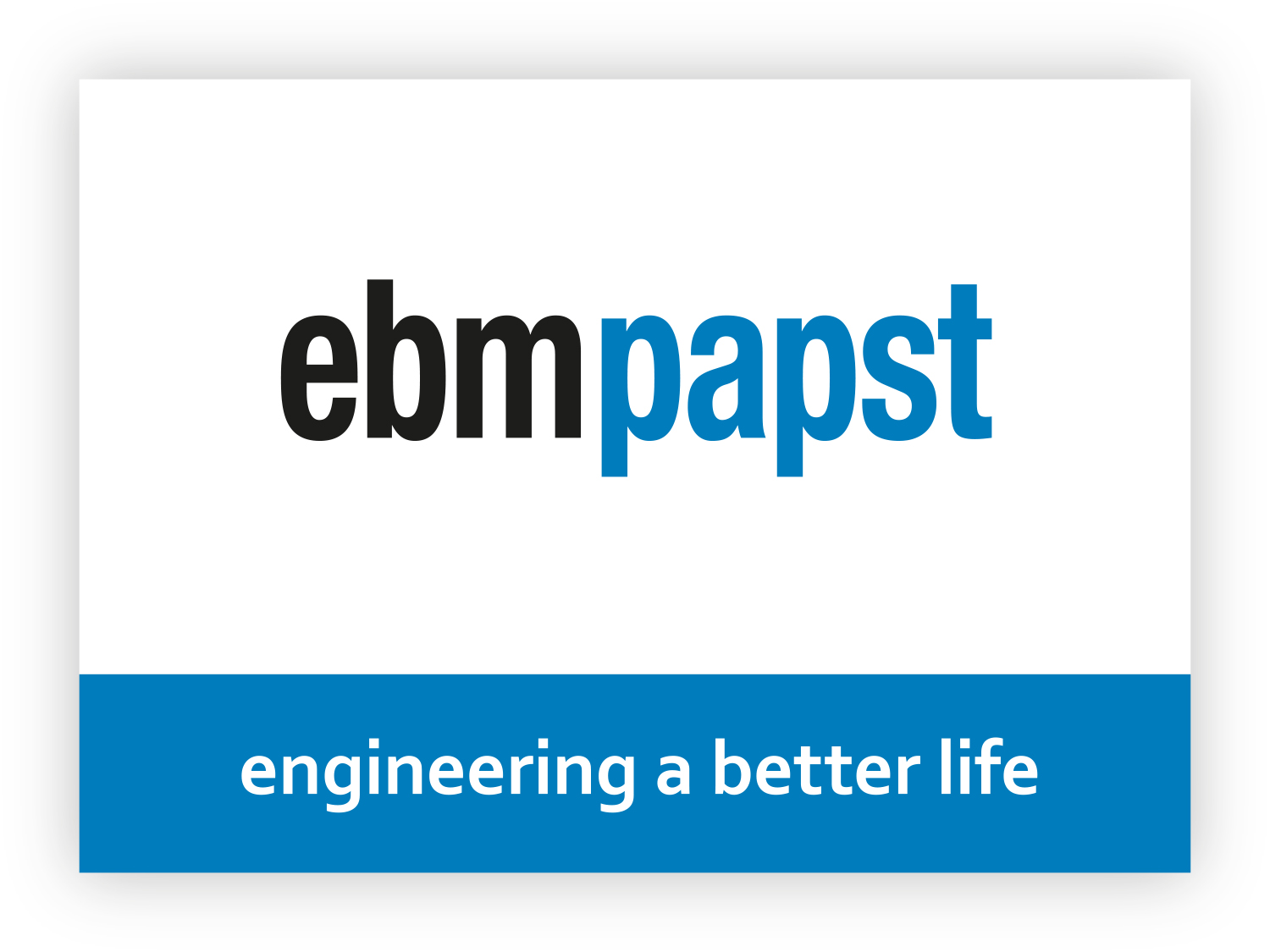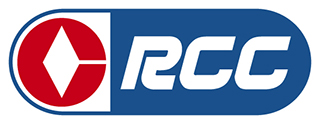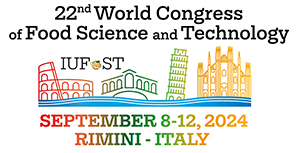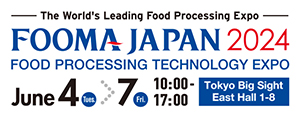Plenary Speakers
-
Plenary Lecture 1

Carbon emissions and how to mitigate them
- Professor Judith EVANS
- Heating and Cooling Research Group, School of Engineering, London South Bank University
Studies have estimated that 26-35% of global greenhouse gas emissions are a result of food and agriculture. Approximately 18-29% of these emissions are related to the food supply chain (the remaining proportion is related to land use, crop and animal production). The food industry is important both economically and is integral to many of the UNs sustainable development goals. The food sector often has a large impact on the GDP of a country, and this is especially the case in less developed countries.
Refrigeration has a significant role to play in creating secure, sustainable and resilient food chains. Approximately 13% of the food produced in the world is lost because of a lack of refrigeration which if correctly refrigerated could feed 950 million inhabitants per year . In low-income countries most of the food is lost at the start of the chain and this is due to poor logistics, lack of cooling and poor handling and practices. In high income countries food is mainly wasted at the consumer end of the cold chain. It is essential to limit food loss and waste as this not only contributes to carbon emissions but results in less food being available for consumption.
Othe emissions in food chains originate from the energy that is used to operate the refrigeration systems and for the heating ventilation and air conditioning (HVAC) systems. Emissions also result from any gas used for heating and emissions from leakage of refrigerants. Refrigeration often consumes the greatest proportion of the electricity energy and significant opportunities exist to reduce energy and carbon emissions. The focus of this keynote is on technologies and strategies available to food chain operators to reduce their carbon emissions. This covers the emissions that they generate today and also how emissions moving forward 2050 could be reduced to ultimately assess how they could become zero carbon.
-
Plenary Lecture 2
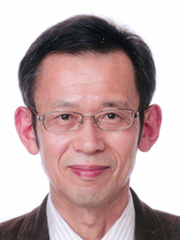
Current Status and Future Prospects of Refrigerants in the Cold Chain
- Professor Noboru Kagawa
- Waseda University
Visiting Professor
Professor Emeritus, National Defense Academy of Japan
Fluorocarbons, considered safer alternative refrigerants, have long been the primary working fluid in vapor compression cycles for refrigeration and air conditioning. However, chlorinated fluorocarbons (CFCs and HCFCs) and brominated fluorocarbons have caused stratospheric ozone depletion. Since 1990, hydrofluorocarbons (HFCs) have replaced CFCs and HCFCs in accordance with the Montreal Protocol. However, the Kigali Amendment restricts their production and consumption, because HFCs have a higher global warming potential (GWP). This presentation will summarize the refrigerant issue, introduce global efforts, and focus on the development of low-GWP refrigerants and equipment, refrigerant management and mass balance charts in Japan, and regulations to increase the ratio of refrigerant recovery and recycling. It also explores prospects for refrigerants in the cold chain to reduce environmental impact and align with sustainable development goals.
-
Plenary Lecture 3

The status and issues of Frozen Foods and Cold Chains in Japan
& development of natural refrigerant units for the industrial refrigeration market- Mr. Kuniaki KAWAMURA
- Mayekawa Mfg. Co., Ltd. Advisory Board Member
JSRAE Honorary President
WASEDA University Adjunct Researcher
Worldwide, there are demands for Cold Chains securing the long-term preservation of food related to quality, ensuring safety, and reducing food losses. High energy demand and installation costs have been pointed out as risks. This lecture outlines pros and cons of Cold Chains, and describes the status and prospects for Frozen Foods and Cold Chains in Japan.
In Japan, the use of natural refrigerants in the refrigeration market is progressing as a countermeasure against global warming and environmental impact. Japanese government support continues for applying natural refrigerant units. This lecture explains the technological development and development of natural refrigerants in the industrial refrigeration market.

